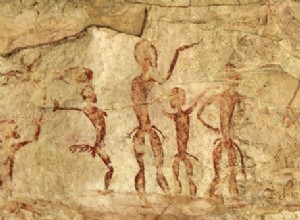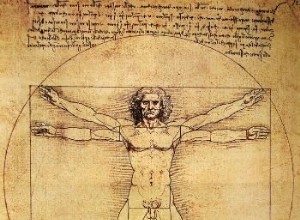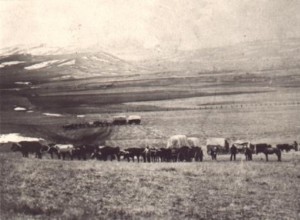Prehistory is an interdisciplinary area that studies themes related to the passage of hominids to human civilization itself. What is Prehistory? Prehistory is a period comprising approximately five million years, having ended around 6000 BC. This period is the subject of multidisciplinary studies,




